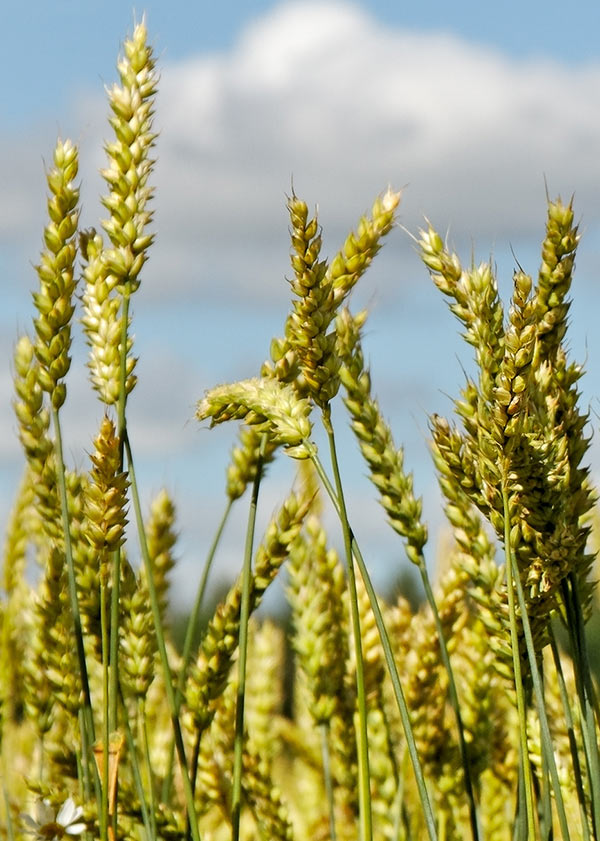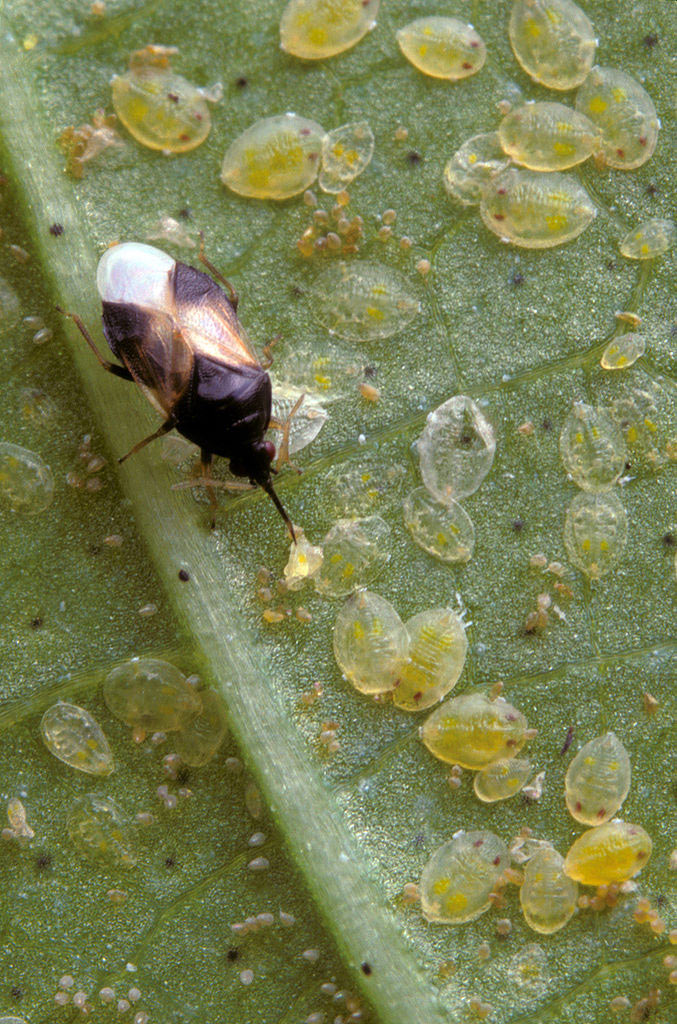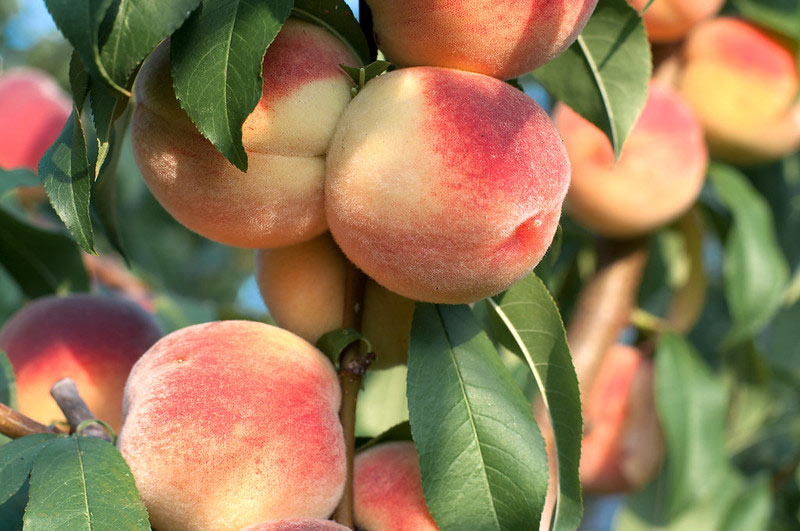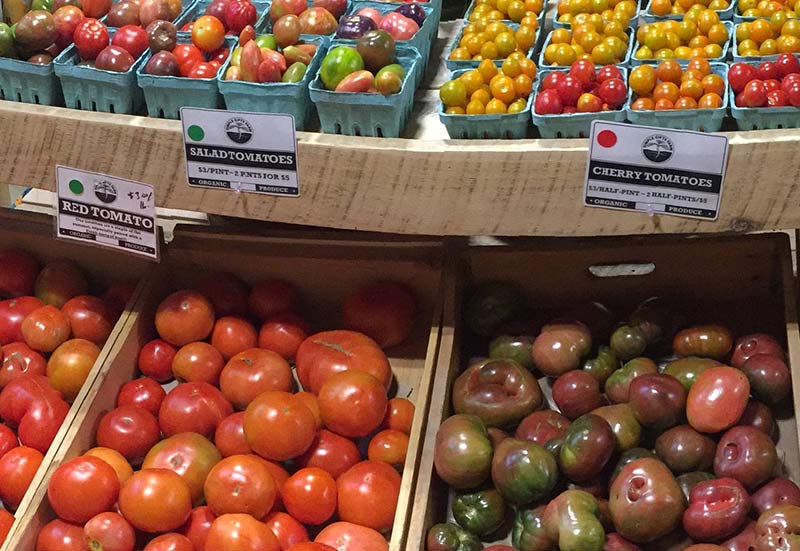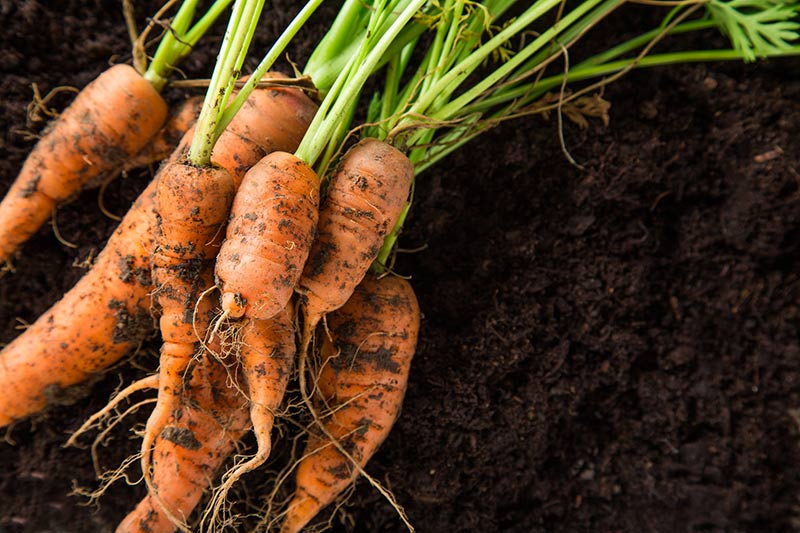Evaluation of Organic Strawberry Transplants for Organic Strawberry Production
Evaluation of Organic Strawberry Transplants for Organic Strawberry Production
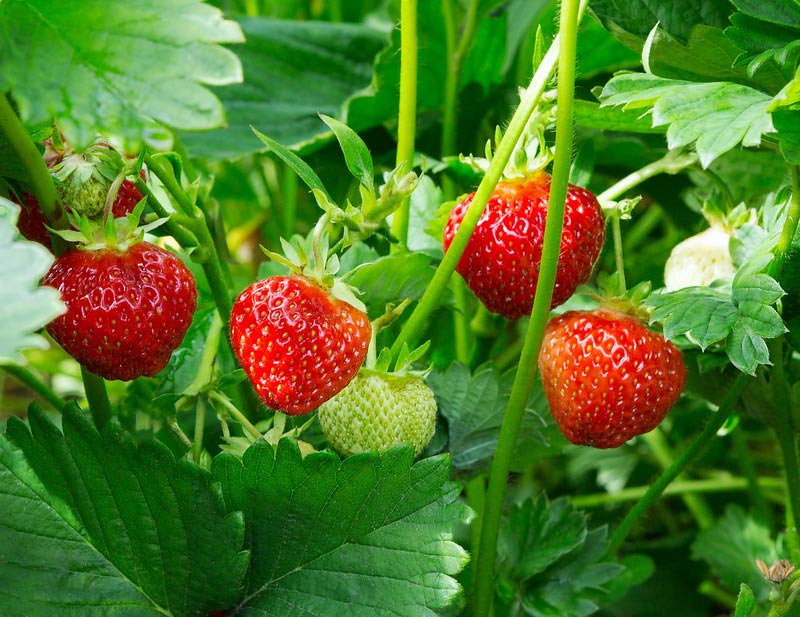
Stefanie Boucier, Farm Fuel Inc. and Lisa Bunin, Organic Advocacy, Watsonville, California
While many organic strawberry growers have expressed dissatisfaction with having to use conventional transplants, organic transplants are not commercially available. In part, commercial availability of organic transplants has been limited due to a lack of tested varieties as well as a lack of supply during the traditional planting season.
Impact: Adoption of organically grown strawberry transplants and phasing out of conventional transplants.



